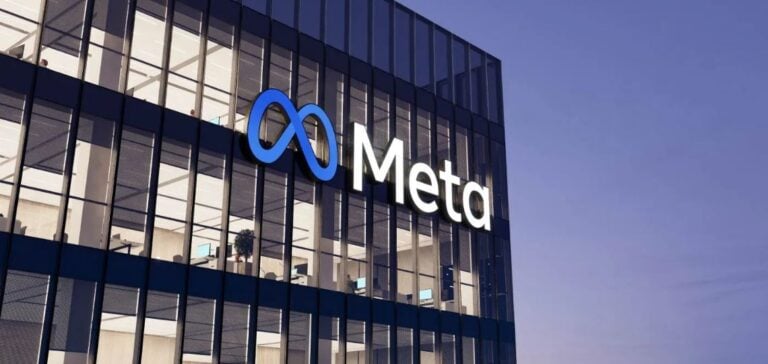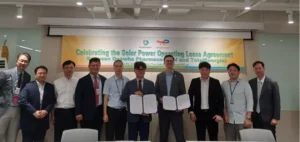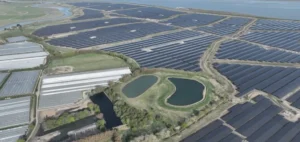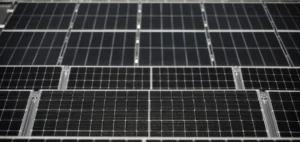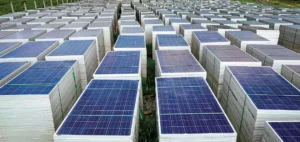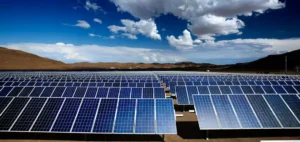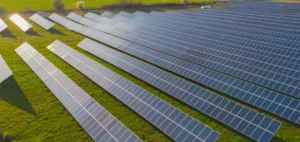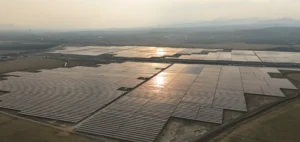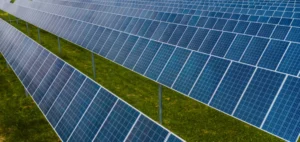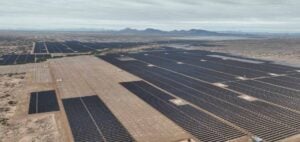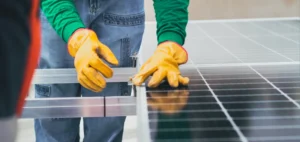D.E. Shaw Renewable Investments (DESRI) and Meta have announced the signing of two new agreements for solar projects totaling 400 MW in Missouri and Texas. These installations are part of a strategic effort to meet the growing energy demands of data centers while advancing renewable energy goals.
Two solar projects within the MISO region
The new infrastructure includes a 250 MW plant in Missouri and a 150 MW plant in Texas, both located in the Midcontinent Independent System Operator (MISO) area. These projects aim to begin operations by the end of 2027, marking a critical milestone in enhancing access to clean energy in high-demand areas.
According to DESRI, these installations will contribute to local economic development, notably by creating hundreds of construction jobs. Economic benefits for rural regions are considered a central aspect of this partnership.
A long-term strategic partnership
Meta continues to pursue its ambitious goal of exclusively using 100% renewable energy sources to power its operations. This agreement extends an already successful collaboration between the two entities, with similar projects in Utah, Virginia, and Arkansas, bringing their total joint capacity to over 1,200 MW.
DESRI plans to remain the long-term operator of these installations, emphasizing the importance of ongoing investment in local energy infrastructure.
Targeted development and acquisition
One of the facilities, the 150 MW Texas project, was acquired in 2022 from Acadian Renewable Energy LLC. This project, initially developed by SunChase Power LLC and Eolian L.P., targets a region with significant energy growth, especially around the Houston metropolitan area. Collaboration with local landowners played a key role in the realization of this project.
These initiatives reflect a growing trend in public-private partnerships to support the energy transition and address the needs of strategic infrastructures such as data centers.

